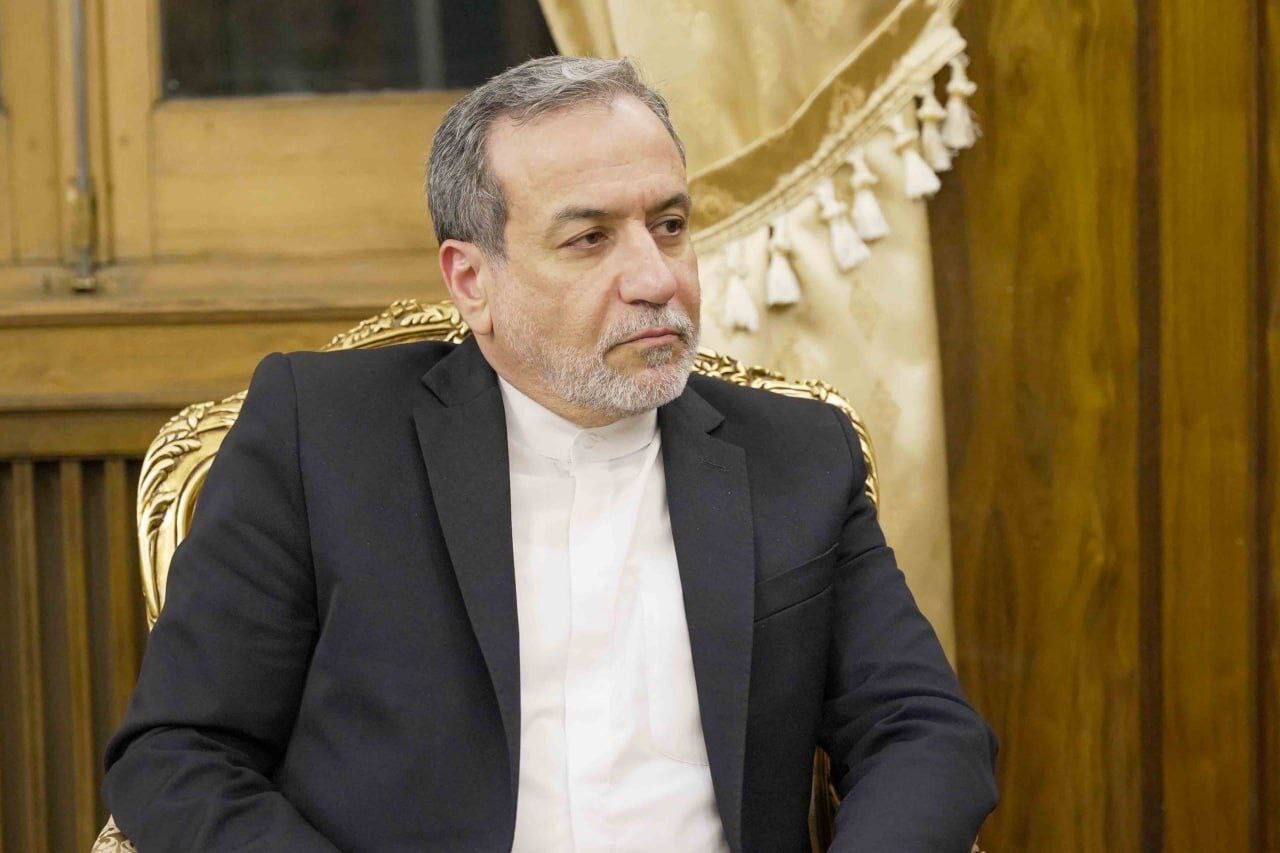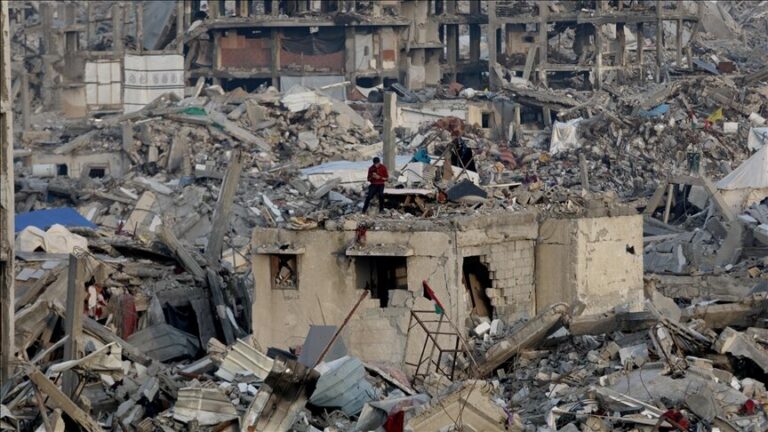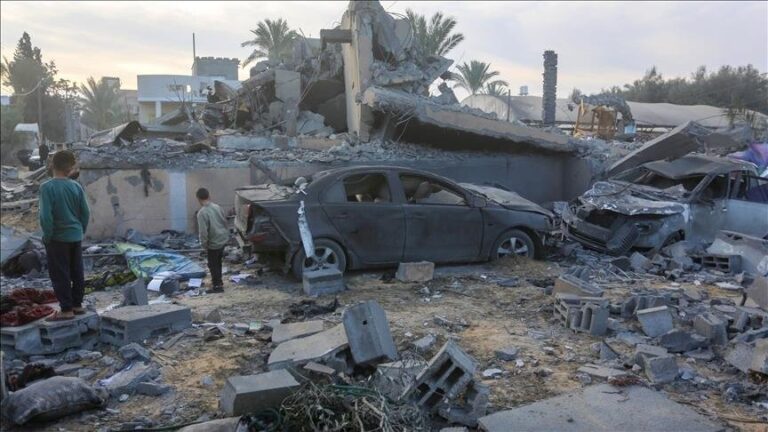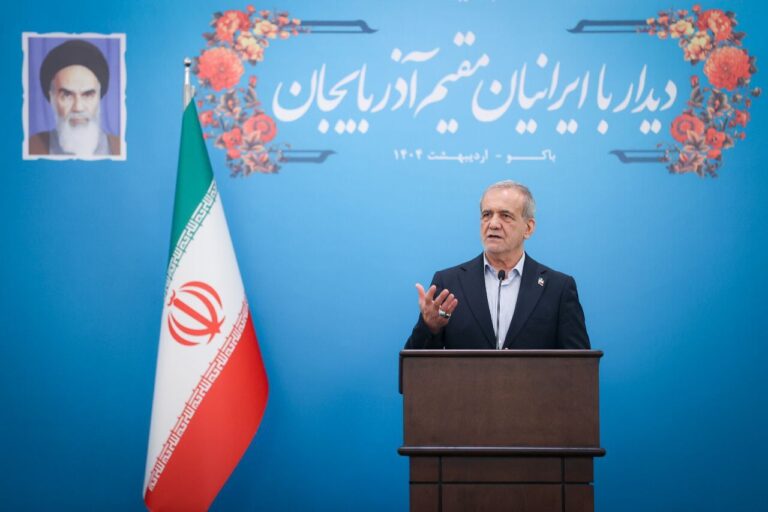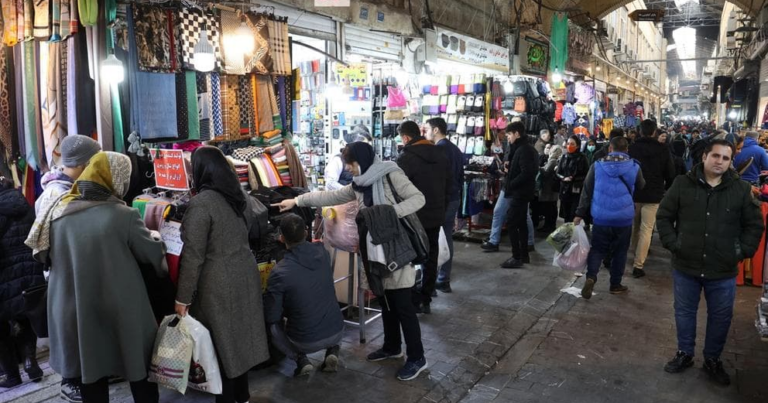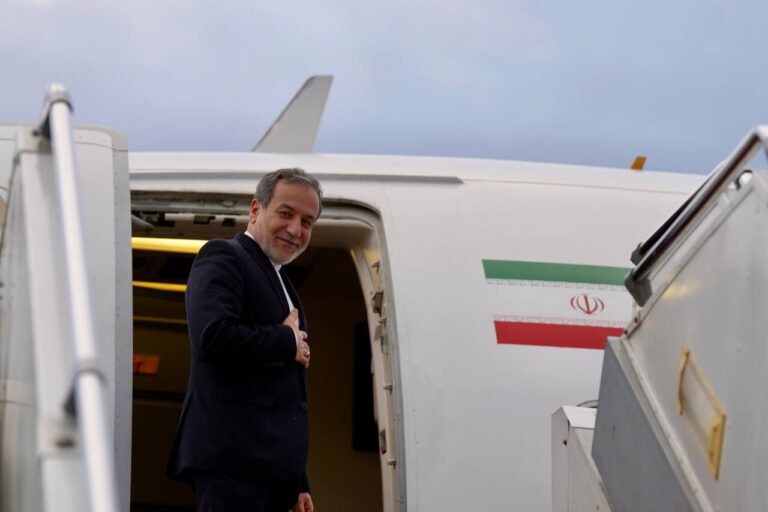Iran’s Foreign Minister Declares: ‘Ball is Now in the US Court’
In a significant development in international diplomacy, Iran’s Foreign Minister Abbas Araghchi has stated that the next move lies with the United States regarding the ongoing discussions about indirect negotiations. This statement comes amidst rising tensions and complex negotiations surrounding Iran’s foreign relations and nuclear policies.
Araghchi emphasized the importance of the US response to Iran’s proposals, which could potentially reshape the future of diplomatic relations between the two nations. His comments highlight the critical nature of these negotiations and the potential impact on regional stability.
The context of these discussions underscores the intricate web of diplomacy involving multiple stakeholders, including Europe and various Middle Eastern countries. The ongoing dialogues aim to address issues related to nuclear agreements and sanctions that have long affected Iran’s economy and international standing.
Here are some key points regarding the current situation:
- Indirect Negotiations: Iran has been engaging in indirect negotiations with the US, facilitated by other nations, to explore potential pathways to resolve longstanding disputes.
- US Response: Araghchi’s statement places the onus on the US to respond to Iran’s offers, which may include concessions or adjustments to current policies.
- Regional Implications: The outcome of these negotiations could have significant ramifications for Middle Eastern geopolitics, impacting relationships with neighboring countries.
- Nuclear Agreement: Central to the discussions is the future of the nuclear agreement, which has been a focal point of contention between Iran and the US.
- Economic Sanctions: The lifting or modification of economic sanctions imposed on Iran is a critical aspect of the negotiations, with potential benefits for the Iranian economy.
As the world watches closely, the response from the United States will be pivotal. Araghchi’s remarks serve as a reminder of the fragile nature of diplomatic relations and the critical need for constructive dialogue. The implications of these negotiations extend beyond just the two countries involved, influencing global peace and security dynamics.
In light of the recent developments, it is essential to consider the broader context of Iran’s foreign policy objectives and how they align with international expectations. The Iranian leadership has consistently articulated a desire for a diplomatic resolution to conflicts while emphasizing their national sovereignty and rights.
Moreover, the role of international allies and adversaries cannot be overlooked in this complex negotiation landscape. Countries such as China and Russia have shown support for Iran, while European nations have sought to mediate between the conflicting interests of Iran and the United States.
As discussions progress, it will be crucial for all parties involved to approach negotiations with a spirit of compromise and understanding. The potential for a breakthrough exists, but it requires a willingness to engage in meaningful dialogue and to address the underlying issues that have led to the current stalemate.
In conclusion, the ongoing discussions between Iran and the US represent a critical juncture in international relations. The future of these negotiations will depend heavily on the responses from both sides and their ability to navigate the complexities of diplomacy. As we await further developments, the global community remains hopeful for a peaceful resolution that benefits all parties involved.
